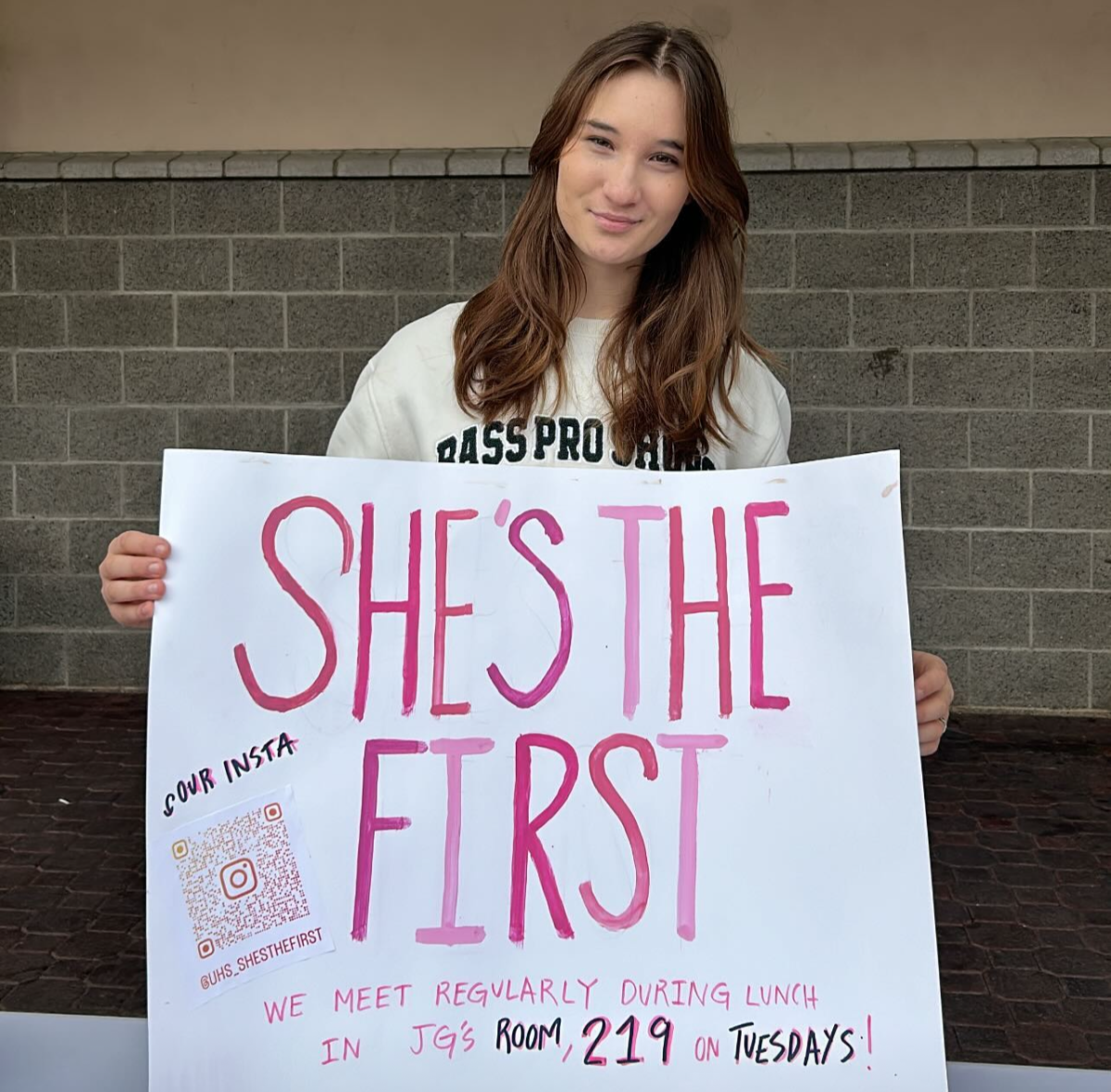
By STEPHANIE SUN
Staff Writer
Many people confuse the concepts of sex and gender, thinking they are the same. They also think that there is only the gender binary, the classification of sex and gender into two distinct and opposite forms of masculinity and femininity. However, the gender binary is a social construct that can discourage people from seeing beyond these categorizations.
SexIntersexrefers to the sex assigned-at-birth (biological), self-identification of sex, or the desired sex presentation. Sex does not just include male and female.
is a term used for people who are born with a reproductive system, sexual anatomy or chromosomal pattern that does not fit into typical definitions of male or female.
Genderrefers to the self-identification of gender, perception of gender by others (gender recognition or misgendering), behavior, expression and role. Gender incorporates psychological and socio-cultural (ideas about masculinity and femininity) aspects of gender. More specifically, gender identity is one’s internal sense of gender, while gender expression refers to how a person represents or expresses one’s gender identity to others through behavior, clothing, hairstyle, voice and body characteristics. Though people may have previously seen gender and sex as synonymous, there is an increasing separation of the two terms and their meanings.
CisgenderTransgenderis a label for people who identify with the gender they were assigned at birth.
bigenderis a broad term for people whose gender identity transcends society’s rules and concepts of gender. The term encompasses gender expressions and identities that are non-normative. Transgendered people express their gender in ways they are comfortable with and can afford. There are many other terms that are used to describe the various genders people have. There are terms used for people who move between masculine and feminine gender roles and/or identify as two genders (
androgyne), people who are intermediate between two traditional genders (
agender), people who are internally ungendered (
gender fluid), people whose gender identities change with the time or situation (
) and many more.
In order to avoid the gender binary, many people like to use gender-neutral pronouns. Instead of using “he,” which is typically used for men, and “she,” which is typically used for women, many use “ze/hir” (pronounced “zee” and “here”), a singular they and other non-gender specific pronouns. Using someone’s preferred pronoun is a sign of respect.
Sex and gender are complex senses of how individuals relate to and identify with the sex and gender categorizations that society constructs. People often either unknowingly enforce the gender binary or consciously try to avoid it. It can be confusing and hard to understand, especially when you want to determine your own identity and ways to express yourself. The best thing now is to have an open mind and to keep exploring.













